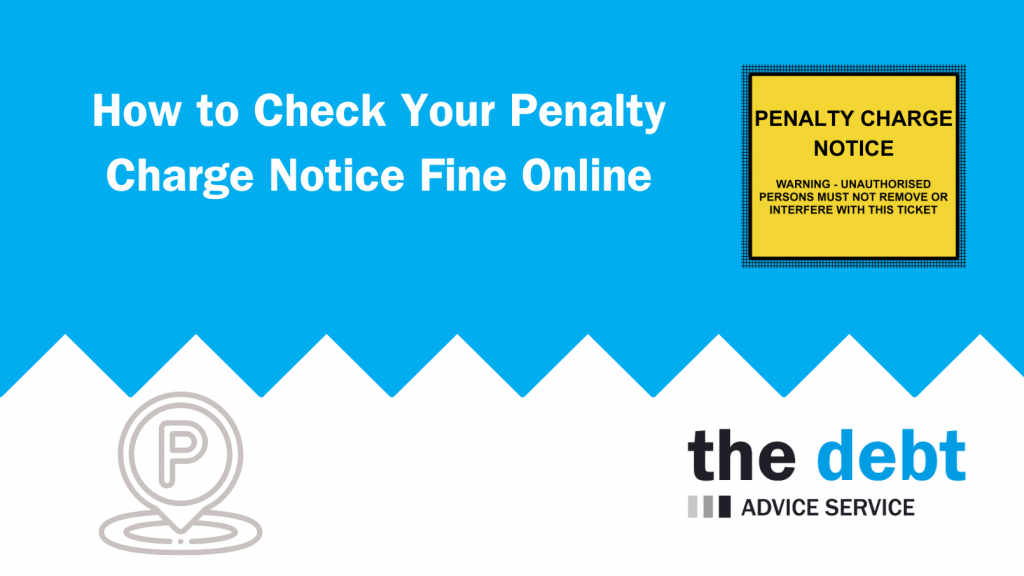It can be distressing receiving a penalty charge notice, especially if you weren’t aware you’d done anything wrong. Don’t worry, you’re not alone! Thousands of people get penalty charge notices everyday, and dealing with it isn’t as complicated as you might think!
We’ve created this guide to help you understand what the process entails, what your rights are, and information that could help you decide whether to pay up or appeal the ticket.
What is a Penalty Charge Notice?
A penalty charge notice (PCN) is a ticket that’s been issued by the council or Transport for London (TfL) for a parking contravention on land owned by that locality. This might mean that you’ve parked somewhere for longer than allowed, not paid the right fee, or parked in a restricted area such as a bus stop or disabled space.
You’ll receive a penalty charge notice in a number of ways:
- Handed to you by a civil enforcement officer – they are employed by the council and have the right to issue these to you.
- Left on the windshield of your vehicle.
- Through the post.
When you receive a PCN through the post, it means that your contravention was caught on CCTV or you’ve ignored a civil enforcement officer. The council will then request your address from the DVLA and send the penalty charge notice to you. This means that there’s no use in driving away from a civil enforcement officer!
How can you check your PCN?
It’s actually pretty easy in this day and age to check the details of your PCN! Most councils now have an online portal where you can pay, see details, or even begin an appeals process against your PCN.
The details you need will be on the penalty charge notice itself, and all you’ll need is your penalty charge notice number and your vehicle registration number to check the details or progress of your PCN.
However, if the issuing authority does not have an online portal, you may need to get in touch with them to find out the status of your PCN. This is likely going to be via phone or through email correspondence, but they should be able to help you track the details of your penalty charge notice.
Penalty Charge Notice (PCN) vs Parking Charge Notice (PCN)
People often get confused between the two since they share the same acronym. It’s actually believed that private parking companies purposefully did this to confuse people into thinking the parking ticket is legally enforceable. Let’s explain the difference between the two.
A penalty charge notice (PCN) is issued by the council and is legally enforceable due to it being covered by UK law.
A parking charge notice is an invoice that’s issued by private parking companies for breaking a parking rule in a privately owned car park. It is not legally enforceable unless the private parking company or landowner takes you to court for a court order.
We also have a full guide detailing all of the differences between a penalty charge notice and a parking charge notice that you can check out!
Things to Check on Your Penalty Charge Notice
There are a few details you should be making a note of on your penalty charge notice, as it could actually affect whether you’re liable to pay or not! Firstly, you should look at the date of the alleged offence. If the PCN wasn’t issued to you within 28 days of the incident, you have grounds to appeal the fine.
You should also check that your name, address and registration plate number are correct. If they aren’t get in touch with the issuing authority as soon as possible to confirm that you’re the intended recipient of the PCN.
Finally, you should also check the date the PCN was issued to you so that you know how much time you have to either pay or make an appeal. Not only that, if you pay within 14 days, you’ll be able to pay a reduced fee on the fine!
You might also want to use the online portal to check information like:
- Whether or not the payment has cleared
- How your appeals process is going
As mentioned earlier, you’ll need to have your PCN number on hand as well as the registration number of the car that you were driving when the alleged offence happened.
Can you check if your Penalty Charge Notice has been paid?
Yes. If you’re choosing to pay your PCN, you will be able to make a payment through the online portal of the issuing authority. Once you’ve entered your payment details, you’ll normally get a confirmation that your payment has been received.
However, if you’re paying using a cheque or you’re paying over the phone, it’s important to check if your payment has been received and accepted. You can do this by logging into the payment portal, or by calling the issuing authority for confirmation.
Remember that if your payment hasn’t gone through, it might be because they’re still waiting to receive your cheque or that it’s still processing. However, keep an eye on it so that you don’t go over the deadline for paying!
What if I’ve paid and it doesn’t show straight away?
First of all, don’t panic too much! Generally speaking, if you pay using the payment portal, you’ll get an instant notification that your payment has been received. However, there may be a delay! Wait a day and log back into the portal to see if it’s been cleared.
If you’re paying by phone, it could also take up to a day for funds to clear, so it’s a good idea to either check the payment portal or call back the following day to make sure that payment has gone through.
Don’t forget that it could take a few days for a cheque to clear, especially if you’ve sent it through the post. In some cases. It could be as long as 10 days you’ll have to wait for the payment to clear, so be wary of this if you are choosing to pay via cheque, especially when keeping the payment deadline in mind.
What do I do if the details on the PCN are wrong?
It’s important to check that the details on the PCN you’ve received are correct. However, there are some mistakes that you don’t need to worry about, like your name or address being slightly misspelt.
When it comes to the details of the alleged contravention, that’s where you need to pay attention. Double check that the reason for the PCN being issued is correct and most importantly, true. If these details aren’t correct, make sure you question this with the issuing authority.
You may even have grounds for appeal, so it’s really important to take the time to check that information. Not only that, the last thing you want is to pay for an offense that you didn’t even commit!
How can I contact my local council?
There should be plenty of contact details on the PCN itself, but the easiest way to get in touch with the council that issued your PCN is by using the official Government website. This allows you to find your local council and the correct contact details.
Alternatively, you can search for the issuing council online and in most cases, the correct contact details will show up, or you can find their website for more information.
DON’T FORGET – MUST READ
As mentioned above, double checking your PCN is always a good idea, but there may be another reason too. There are parking ticket scams around that you may fall victim too.
Unfortunately, there are some scams going around to try and trick motorists into paying for a ticket that they never actually received, so it’s important to stay vigilant when it comes to paying for a parking ticket.
However, there are normally obvious signs that they’re fake. Look out for things like:
- Poor spelling and grammar.
- Whether the “issuing authority” is real or not. You can look this information up online and find alternative contact details to check the legitimacy of the ticket.
- Real parking tickets give you time to decide what you’re going to do (up to 21 days in some cases). If you’re being pressured to immediately pay up, your ticket might be a scam.
- You’ll never receive a parking ticket via email.
We’ve written a full guide one how to spot a fake parking ticket and what your next actions should be if you have received one. In the short of things, don’t pay up until you’ve found out if it’s legitimate or not.

